SUMMARY
This is AI generated summarization, which may have errors. For context, always refer to the full article.

ON BOARD PRESIDENTIAL PLANE – President Ferdinand Marcos Jr. on Sunday, April 30, said he will not let the Philippines “be used as a staging point” for military action, ahead of a bilateral meeting with United States President Joe Biden at the White House.
“Our role [in the region] is simple, in the Philippines, we work for peace. We work for peace. We’ll not encourage any provocative action that will involve the Philippines by any other country. We will not allow that to happen. We will not allow the Philippines to be used as a staging post for any kind of military action,” said Marcos in a chance interview with media on board the presidential plane.

Marcos and his delegation will be landing at Joint Base Andrews in Maryland on Sunday, East Coast time. His official visit to the US kicks off with a bilateral meeting with Biden the following day, then an “expanded meeting” with Cabinet officials.
Marcos’ visit to the US – the first of the Philippine President in over a decade – happens as geopolitical tensions rise.
The Philippines is a key player in the region, partly due to its strategic location. This is also why Manila’s decision to open up four more military bases to Americans may have a huge impact.
The four new bases bring to nine the total number of Philippine military bases that Americans have access to under the two countries’ Enhanced Defense Cooperation Agreement. These bases also happen to face the South China Sea and Taiwan, a flashpoint for tensions in the region.
Access to Philippine military bases means American troops may preposition their assets in those strategic areas.
China has criticized the US, saying that its military presence is making the situation in the region worse. Marcos, in response to China’s qualms, said it need not worry so long as nobody attacks the Philippines.
China’s envoy to Manila recently “advised” the Philippines to reject “Taiwan independence” if it cared about Filipinos working in Taiwan. Marcos downplayed this as a case of being “lost in translation.”
The Philippine President has, thus far, made it a point to be close to both the US and China – calling a future without the US unimaginable while promising a “new golden age” in relations with Beijing.
Defense treaty
The US and the Philippines are signatories to a defense treaty that can compel either country to come to the other’s defense in case of an attack. During a visit to Manila in November 2022, US Vice President Kamala Harris vowed the US would defend the Philippines in case of an attack in the South China Sea.
Marcos wants an “update” to the 71-year-old Mutual Defense Treaty.

“The conditions under which the Mutual Defense Treaty was written, the original one, are completely different from the conditions we are facing now. China has become very dominant in the region. The United States has become less so. But then, the other players – ASEAN member states and all the Asian states – have also changed their position in the world,” said the President.
Marcos said that ultimately, he wants to lean on the Association of Southeast Asian Nations, which the US, in its Indo-Pacific strategy, sees as a key leader in the region.
The regional bloc operates on the principle of centrality, non-interference, and consensus – values that critics have said contribute to its inability to flex its true power.
ASEAN leaders are set to meet in Labuan Bajo, Indonesia, for a summit in the second week of May. – Rappler.com
Add a comment
How does this make you feel?

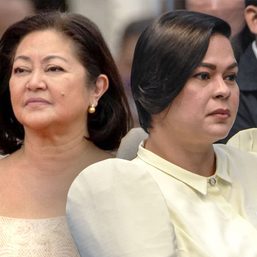
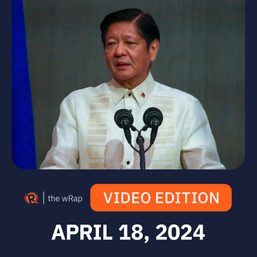
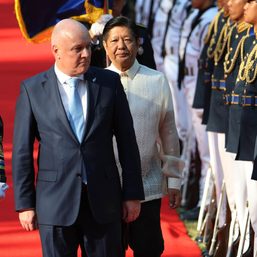
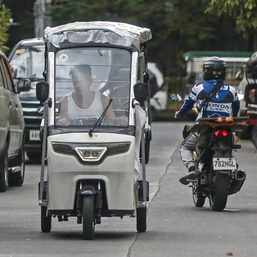
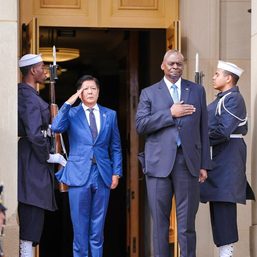
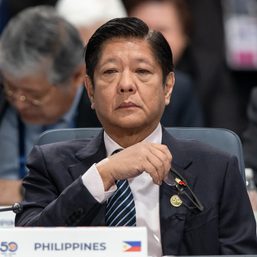
![[EDITORIAL] Paano tayo makakapuwing sa Tsina sa West Philippine Sea?](https://www.rappler.com/tachyon/2023/10/animated-wps-october-2023-carousel.jpg?resize=257%2C257&crop_strategy=attention)
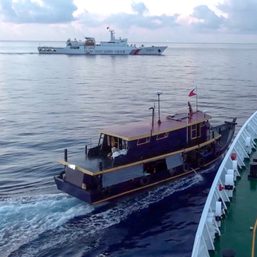
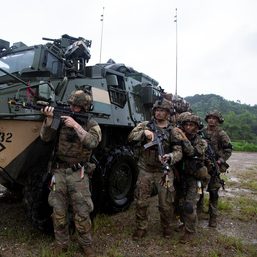


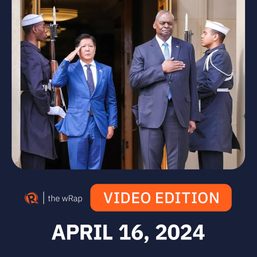
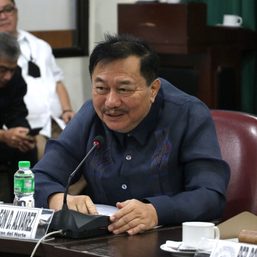
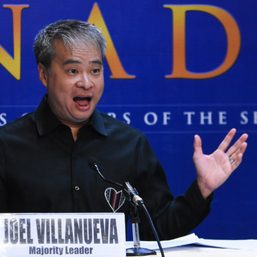
There are no comments yet. Add your comment to start the conversation.